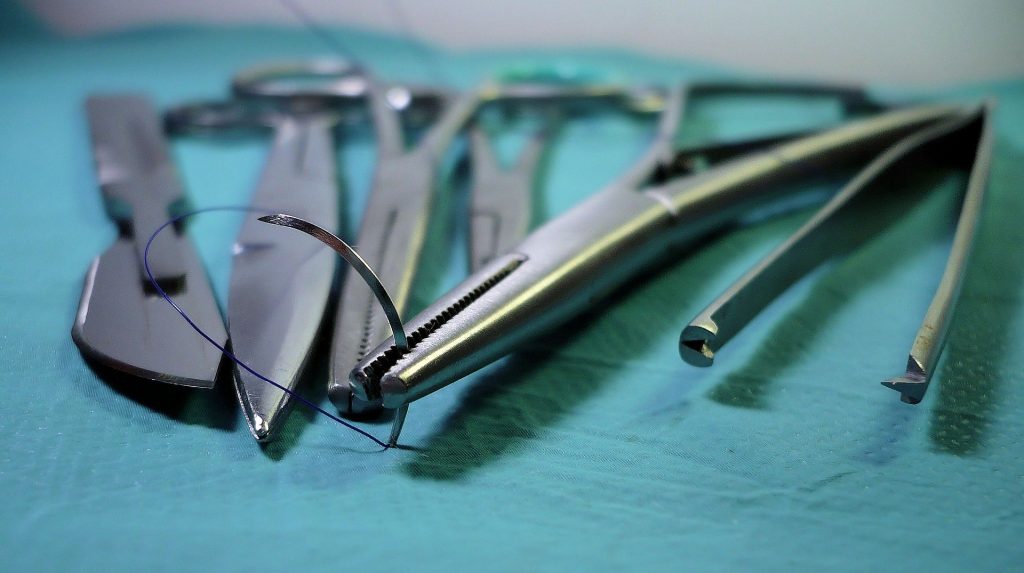6 Facts You Should Know About Gall Bladder Surgery

If you’ve ever suffered from the intense pain of gallstones, you may be a candidate for gall bladder surgery.
-
What you feel.
The pain caused by gallstones usually starts in the upper right side of the abdomen, and then spreads to the right shoulder or other areas of the chest or abdomen. It’ll usually start after a large meal. It’s a steady pain that can last up to two to four hours. If your gallbladder becomes inflamed, the pain can be terrible. You may even vomit and develop a fever.
-
How common is surgery?
Cholecystectomy, or gall bladder surgery, is about as common as hysterectomy. More than 600,000 cholecystectomies are being done each year, 90 percent of them with the new laparoscopic technique.
-
Who needs gall bladder surgery?
Your doctor may recommend a cholecystectomy if you have:
- Gallstones in the gallbladder
- Gallstones in the bile duct
- Gallbladder inflammation
- Large gallbladder polyps
- Pancreas inflammation due to gallstones
-
Tell me more about my gallbladder.
Your liver makes bile to help your intestines digest the fat you eat. The bile is stored in your gall bladder: a pear-shaped sac about four inches long. At least 10 percent of adults, twice as many women as men, form stones in their gallbladders. The incidence rises with age; after the age of 60, 10 to 15 percent of men and 20 to 40 percent of women have gallstones. The stones can cause inflammation of the gallbladder, or they may enter the connecting ducts and cause a blockage and possibly a life-threatening infection. Sounds bad, but the truth is that in most cases absolutely nothing happens, even decades after gallstones have formed.
-
Can you live without a gall bladder?
Yup! You can lead a perfectly normal life without a gallbladder. Your liver will still make enough bile to digest your food, but instead of being stored in the gallbladder, it’ll drip continuously into your digestive system. It may take your body time to adjust to its new method of digesting fat.
-
Is gall bladder surgery safe?
Usually. Here’s something to consider: it seems that gall bladder surgery is associated with a higher than usual rate of injury to the bile duct. But since this rate is very low (one-tenth to two-tenths of 1 percent) if you’re suffering from gallstones, you may want to think seriously about gall bladder surgery.
